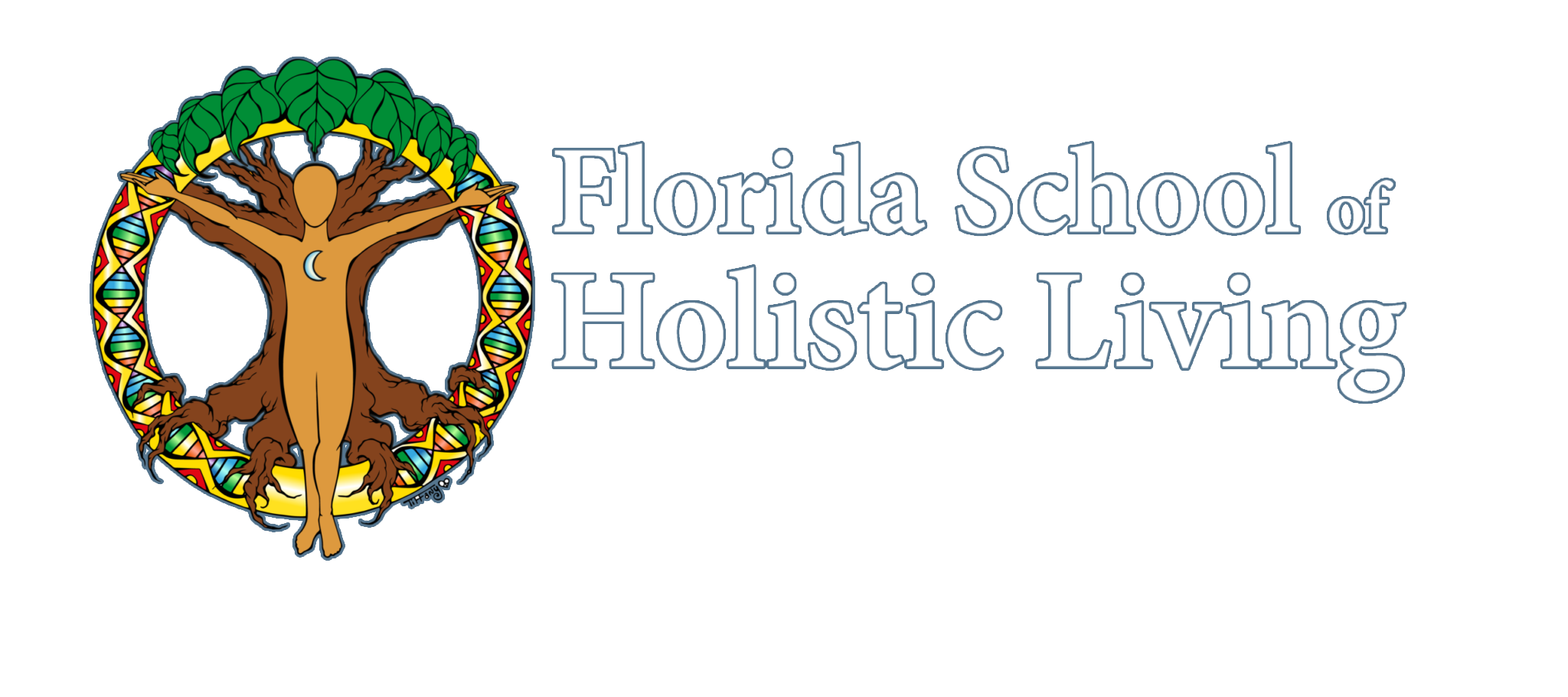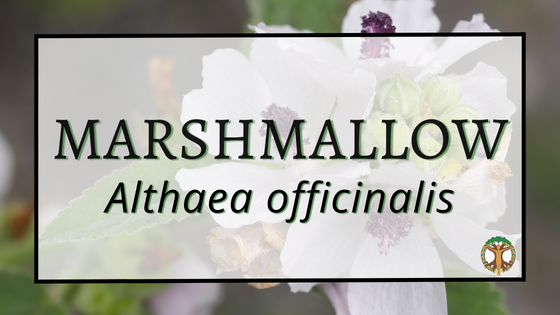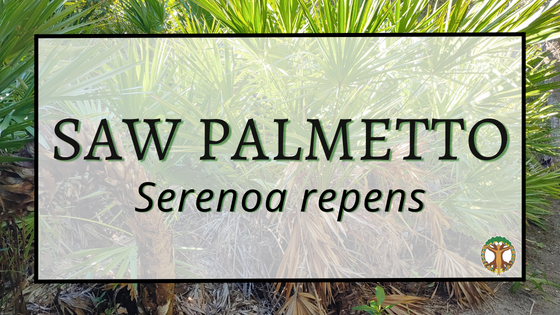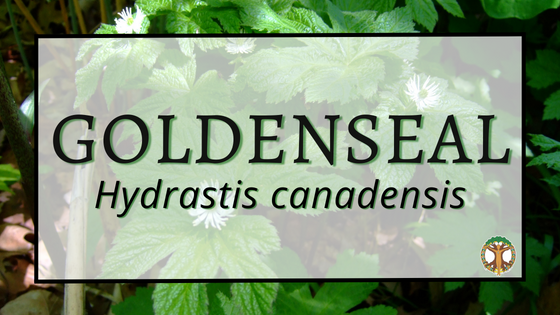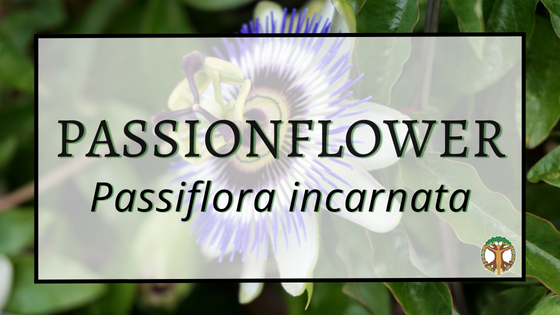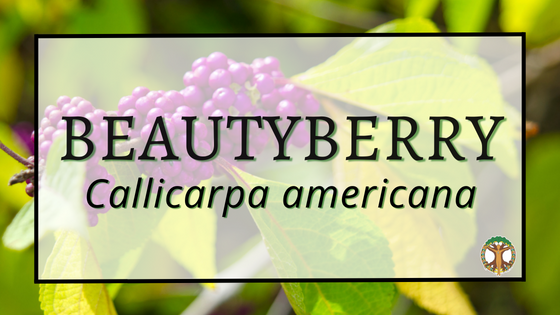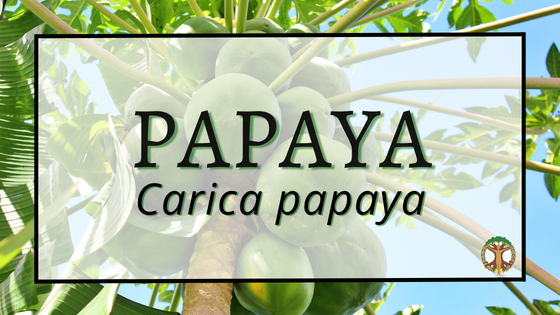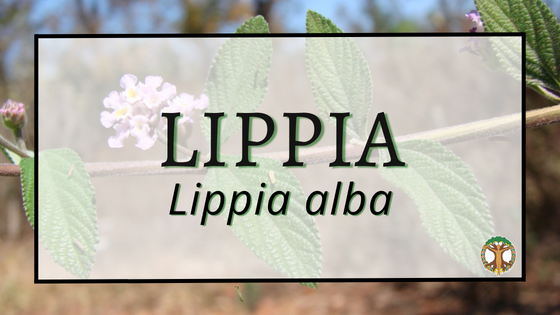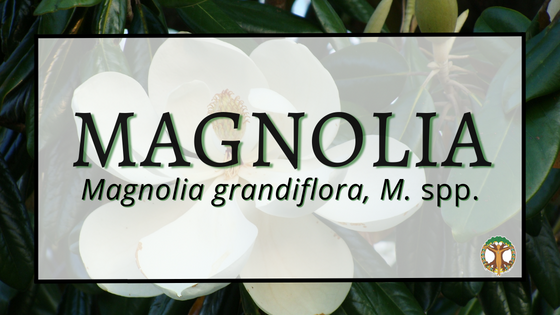-
Marshmallow
Historically, marshmallow has been used in a syrup and tea to treat upper respiratory irritation, cough, and sore throat.
-
Saw Palmetto
Traditionally, indigenous people of Florida employed saw palmetto berries as a food source, as a general tonic and for urological disorders.
-
Spilanthes
When you bite into the bud of a "buzz button," there is often a strong tingling sensation—similar to how it feels to eat Pop Rocks, but more targeted to the area of the mouth where the bite was taken—followed by a numbness lasting for a good while after eaten.
-
Goldenseal
Hydrastis candensis of the Ranunclulaceae family. Otherwise known as goldenseal, eyebalm, eyeroot, and yellow puccoon is happiest in rich, open, and hilly woods. It is native to southeastern Canada and the eastern United States.
-
Dandelion
Dandelions are, perhaps, most recognized by their seed heads. Those beautiful puffs that children (and many many adults) can't resist pulling from the ground to blow into the wind.
-
Passionflower
This perennial herbaceous climbing vine is native to Central Florida and the southeast United States—found growing mostly from Texas to Florida. It grows easily by cutting and is happy in sandy Florida soil, sunshine, and rain.
-
Beautyberry
American Beautyberry is a native deciduous shrub of the Southern United States which is often grown as an ornamental.
-
Papaya
The papaya was brought to Brazil where the Portuguese saw a resemblance in the shape of the fruit to a woman’s breast so they called it mamão.
-
Lippia
Lippia is used as a prominent remedy. Leaves are used as an infusion against states of excitement, hypertension, digestive troubles, nausea and cold, to heal wounds locally and as syrup against cough and bronchitis.
-
Magnolia
Magnolia is a symbol of perseverance, endurance and long life because of the tough thick flowers and the long life of the trees which can survive over a hundred years.

